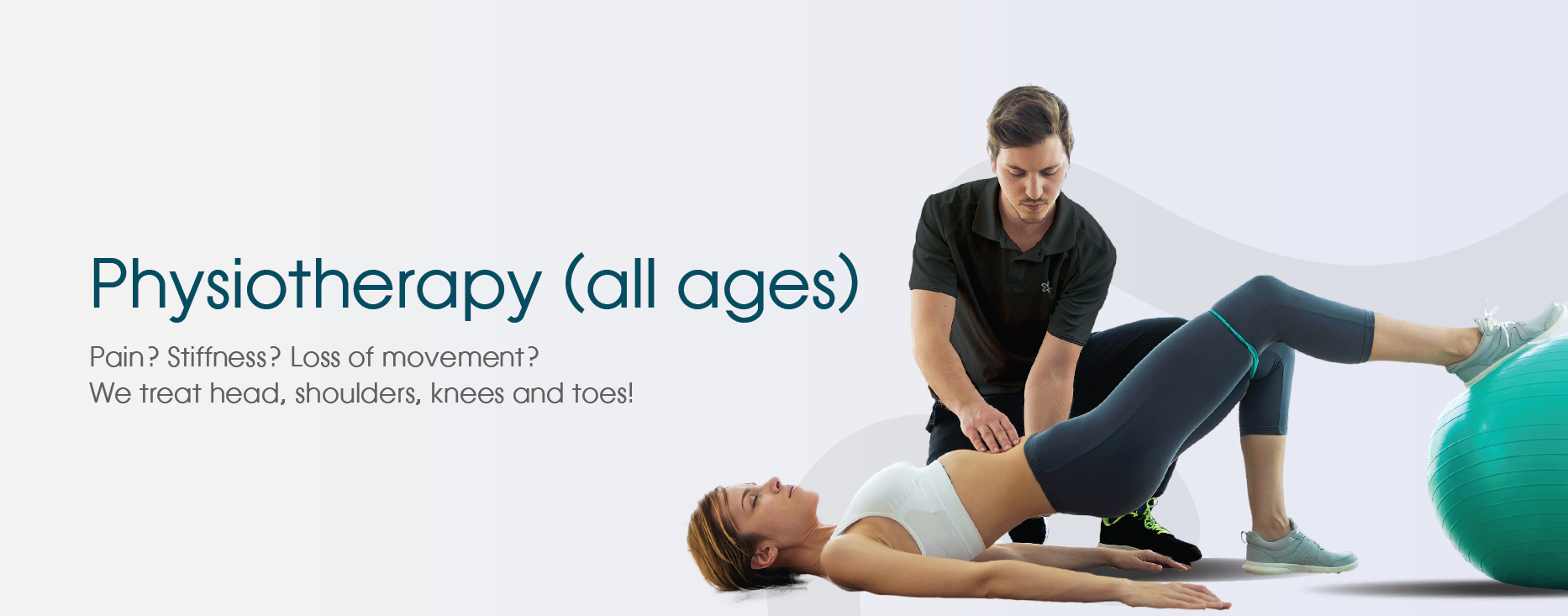FAQs
Frequently Asked Questions
How do I book?
Phone 1300 710 800 or 02 9171 0800
E-mail booking@replayhealth.com.au
Website replayhealth.com.au
Where are you located?
What hours do you operate?
Pyrmont
8am-6pm Monday to Friday
What should I bring to my first appointment?
- Your Private Health Insurance card (We have Hicaps onsite and pay using your benefits on the spot).
- Any recent imaging like XRay or MRI reports from your radiologist
- Any other clinical investigation reports your doctor may have requested such as bloods
- List of allergies and medications, contra indications or concerns
- You don’t need a GP referral but we accept EPC referrals from them if you have one
What should I wear?
- We suggest wearing comfortable loose fitting clothing that allows us to easily examine the skin, joints and muscles around your injury.
- Trainers are ideal footwear.
What happens in a PRP treatment session?
- Before you commence a PRP treatment with us, we provide an initial PRP assessment consultation.
- At your initial consultation, your condition and the goal of your PRP treatment will be thoroughly discussed with you.
- We will take a sample of your blood for both testing and spinning in a centrifuge to generate PRP.
- You will be given a report to outline the platelet concentration of your blood, the platelet concentration of your PRP, your sample centrifuge spin time and the recommended course of PRP for your treatment goal.
- We advise all patients to be well hydrated prior to giving blood.
- We recommend you try eating something light 1hr before arriving.
- After your initial PRP consultation, you may return to the same capacity you had prior to arrival without restriction.
What are the side effects of PRP?
This procedure is generally very well tolerated and any of the following side effects are generally rare and can usually be easily managed. Side effects include
- Bruising where blood was taken from or where the PRP was put in.
- Infection
- Rarely reaction to topical anaesthetic
- Risks or side effects are also greater for heavy smokers, people who have a history or drug or alcohol use or people who are on blood thinning medications. In these cohorts the procedure is not recommended. Other patients who may not be suitable include patients with current cancer, chronic liver disease, metabolic disorders, platelet dysfunction syndromes, some chronic skin diseases, chronic liver disease and thyroid disease.
What happens in a physiotherapy session?
All new injuries or cases require an initial Physiotherapy consultation.
At an initial Physiotherapy consultation, we will take a clinical history of your condition and perform a physical examination using a number of musculoskeletal tests to determine the preliminary diagnosis of your presentation. Upon preliminary diagnosis we will perform a treatment to help your condition and provide a treatment plan prior to the end of the consultation.
More about the clinical history : we ask questions like, how long you have had your condition? How did your condition happen? Can you identify exactly when your condition commenced, or was the onset of your condition blurry and it just become worse over time? We will ask if you are able to reproduce your condition, what aggravates your condition, what is the intensity of your condition on a scale of 0-10. We will ask if you have ever had the condition in the past or what you have done to treat it or what you do to relieve your condition. There may be more specific questions we may ask you in this part of your evaluation.
More about the Physical Examination : we like to understand what is bothering you by getting you to show us your issue or by touching or moving your body in a way that helps us locate the issue. We often compare the good side to the bad side, if there is one, where we measure and compare Range of Motion or Strength results on both sides. If there is a pain issue we may do some touching or stretching tests to determine where it’s coming from. If there is a stability problem we may need to perform some ligament tests to determine which ones may have been affected.
You do not need a GP referral to see a Physiotherapist.
Physio Private Health Rebates : If you have private health, physio is usually included in policies described as “extras cover”. best check with your insurer first to see if you qualify for benefits. If you have your private health card with you at the time of payment, our in house Hicaps terminal will complete your rebate on the spot with no need to claim on your own.
Family GP – Enhanced Primary Care (EPC) Physiotherapy Referral – Replay Health accepts EPC referrals from your GP.
What are your fees?
Physiotherapy Onsite Consult : One on one private room. Initial and follow up consults
Physiotherapy 30min session $130 (Hicaps available onsite)
Physiotherapy Mobile Home Visit: Call out fee $220 + Physio 30 min session $130
Massage Therapy : One on one private room. Choice of Sports, Stretch or Swedish massage.
Massage Therapist 60min session only $150 (Hicaps available onsite)
Cryo IPC fitting fee $130
PRP Initial Assessment $440 : Have your blood tested for platelet concentration and a program suggested for your condition.
PRP Treatments pack : Dependent on your assessment prescription. PRP is often prescribed as a dose of 1-3 injections for conditions like tendonitis or skin irritations like psoriasis.

